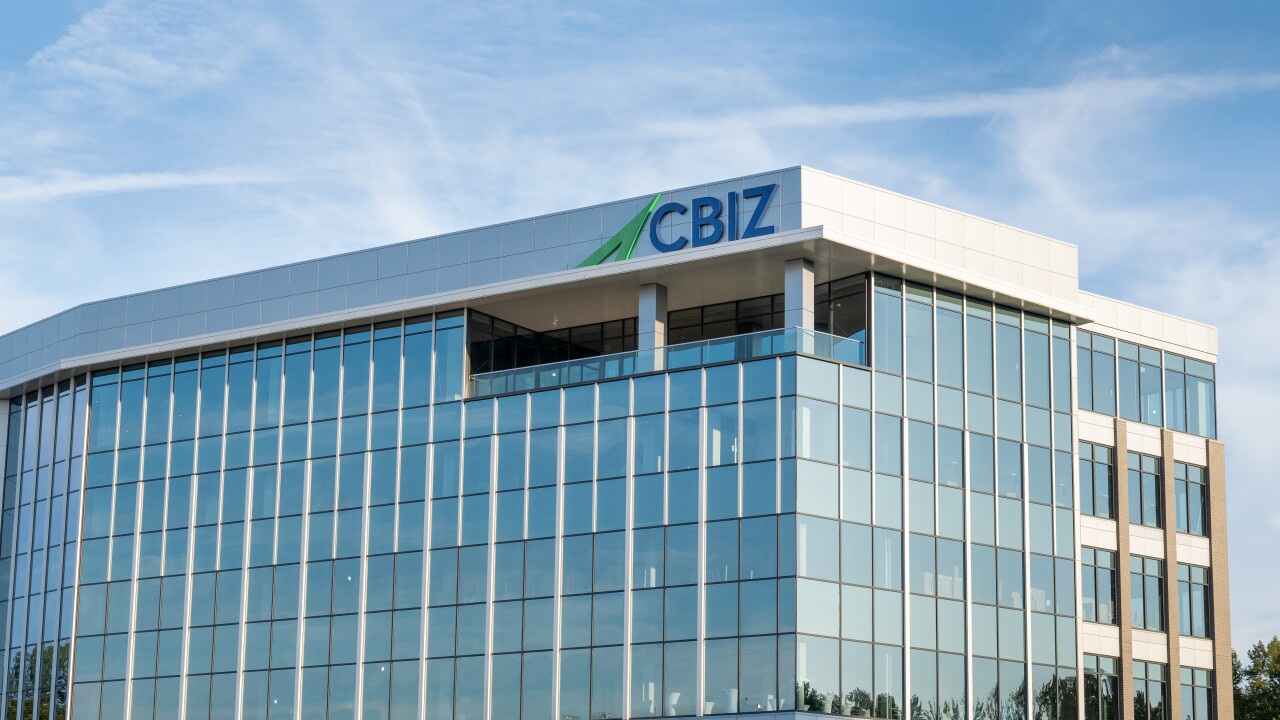Every year, it seems that the tax profession is faced with year-end legislation, late forms and radical changes that add to the complexity and headache of preparing a return. Despite all of the above, most practitioners realize that it’s the complexity and confusion that drives new clients their way.
This year, however, promises to be unlike any year ever. We’ve got expiring provisions that may or may not be extended, provisions that already expired at the end of 2011 that may or may not be retroactively reinstated, and 21 new taxes under the Affordable Care Act, which may or may not be repealed in whole or in part.
This year will be like no other, according to Roger Harris, president and chief operating officer of Padgett Business Services, during a recent Accounting Today web seminar. “In the good old days, we could apply tax law to a taxpayer’s unique situation and reasonably estimate their most favorable tax position,” he said. “But it is different today. For 2012 and 2013, we are guessing at what the tax law may be and what the possible effect it could have on the taxpayer’s tax position.”
If Congress and the White House fail to act by December 31, favorable Bush-era tax cuts will expire, along with a variety of business and investment tax breaks, raising income tax rates to levels last seen in 2001, Harris observed. “But Republicans and Democrats are both hesitant to act until they know who will occupy the White House next year,” he said. “Political gridlock, combined with a fragile economy and the possibility of rising tax rates, has been dubbed by many as Taxmageddon.”
Harris listed several popular tax extenders that expired at the end of 2011: the patch to prevent an increase in the alternative minimum tax exemption; the above-the-line deduction for qualified tuition and related expenses; the deduction for state and local tax for itemized filers; the deduction for premium mortgage insurance for itemized filers; the provision for tax-free IRA withdrawals for charitable contributions for those over age 70 and a half; business tax credits for research and experimental expenses; 15-year straight-line depreciation for qualified leasehold and restaurant and retail improvements; 100 percent additional first year depreciation, a five-year timeline for built in gains tax for S corporations; and the Work Opportunity Tax Credit for businesses.
Provisions set to expire at the end of 2012 include the Bush-era tax cuts, Harris noted. Unless these are extended, marginal income tax rates will rise; the top rate for long-term capital gains will rise to 20 percent; dividends will be taxed at ordinary income tax rates; the marriage penalty will increase; there will be reduced refundable credits for the child tax credit, the adoption credit and the earned income credit; and itemized deductions will be more limited.
Higher-income taxpayers will be subject to an additional 0.9 percent tax on earned income, and those with net investment income will be subject to a 3.8 percent tax on the lesser of two amounts: net investment income or the excess of the taxpayer’s modified adjusted gross income over a $200,000 threshold amount.
Meanwhile, the IRS is waiting for Congress to act, said Harris, who is a former chairman of the IRS Advisory Council. “Tax law changes will require new and modified federal tax forms, which is a lengthy process and could result in delayed filing, extended deadlines and amended returns,” Harris said. “State tax forms could also be affected.”
“Common sense tells us to prepare for a crazy filing season as there could be delays in refunds and processing returns. Whether you wait until after the elections or begin tax planning today, this year will be like no other,” he emphasized. “It comes down to being flexible and staying in the know so that whatever the outcome, you are prepared and can act quickly.”





